

Lilongwe Wildlife Centre
Join the renowned Lilongwe Wildlife Centre as an animal care volunteer or as a student member of the veterinary team!
Speak To A Travel Expert
Activities
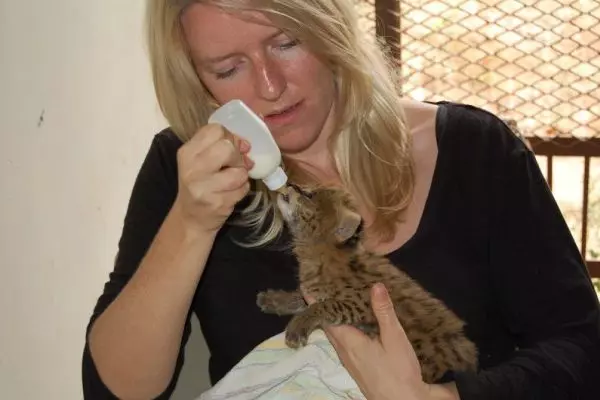
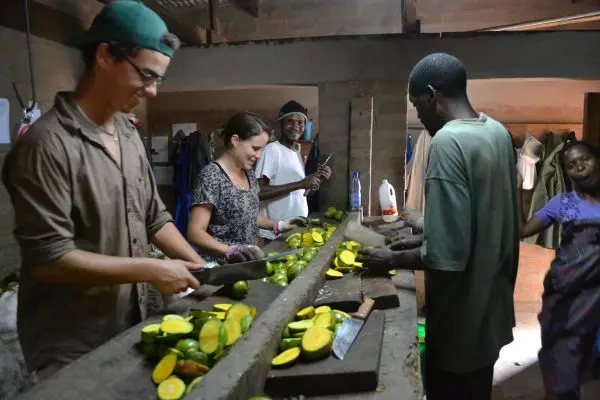
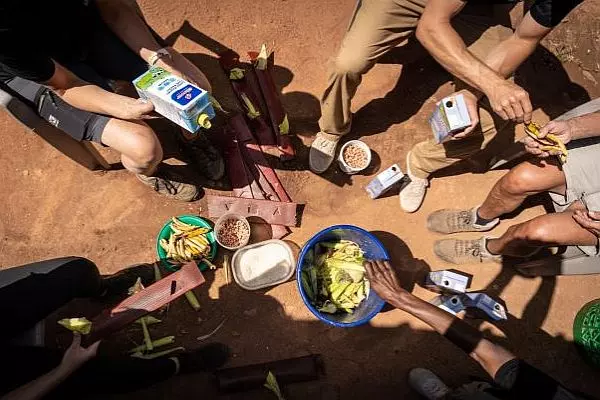
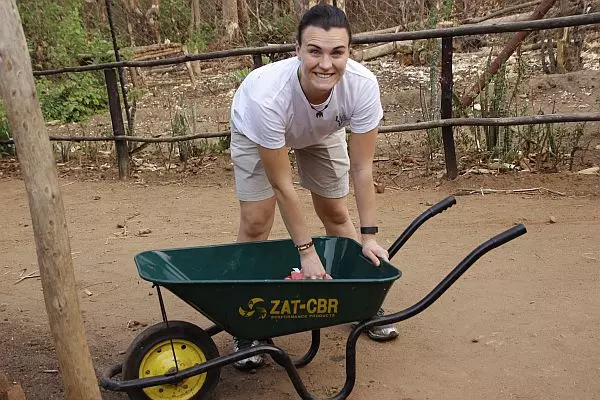
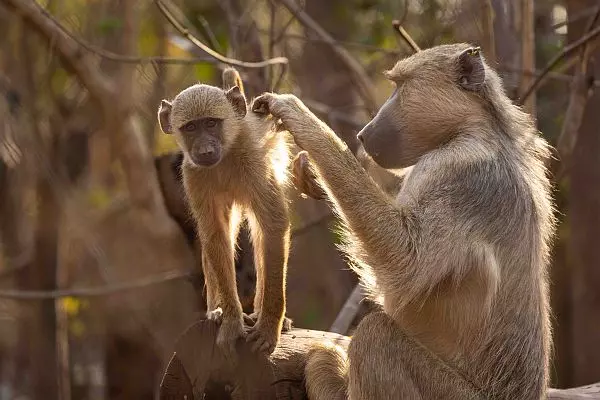
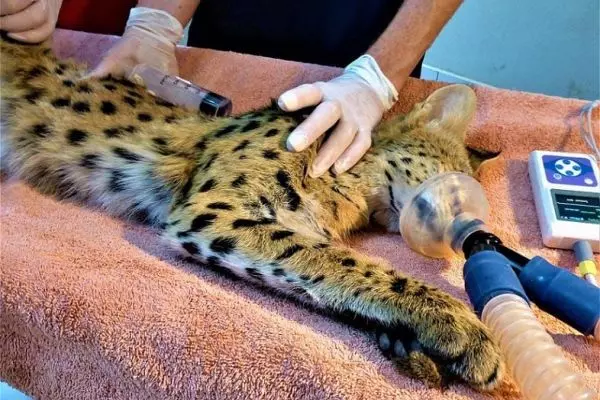
Itinerary
This itinerary is set as a two-week block with volunteers able to choose their own schedules according to preference but within reason. If you choose to volunteer for a longer duration, the number of project days would increase.
Durations & Prices
Accommodation
Accommodation
The on-site volunteer accommodation can host up to 17 people at a time across six triple-share same-sex bedrooms (couples will be accommodated together in their own room). It features a lounge, kitchen, indoor and outdoor dining spaces, two bathrooms, laundry facilities, an outdoor deck, and a garden. The building is located within the heart of the wildlife centre, which means you’ll experience the magic of bush life after a hard day of work, spending evenings by the fire listening to the sounds of the forest. Wi-Fi is available at the volunteer house, and you will be provided a local SIM card on arrival.
Meals & Beverages
All meals are included and prepared by the project’s local chef, apart from on Sundays when the chef has the day off. The menu is vegetarian with a mix of international and local dishes. Special dietary requirements can be catered for but please let us know in advance so the team at the project site have plenty of time to prepare for your arrival.
If you would prefer to dine elsewhere on occasion, there are many great restaurants just a short drive away and the wildlife centre’s on-site restaurant serves fantastic lunches. Whichever option is your preference, you can certainly look forward to sampling Malawian cuisine!
Project Details
Getting There
You will need to arrive at Lilongwe International Airport between 9am and 5pm on your project start date, where a project representative will be waiting to transfer you to the wildlife centre. This transfer takes approximately 25 minutes.
If you arrive in Lilongwe a day early, we recommend that you spend a night at a local hotel. If you need recommendations, please contact the travel team.
Visa Requirements
To enter Malawi, you will need to obtain an e-Visa before travelling. Single and multiple-entry visas can be applied for online via the Malawi Tourism website. A single-entry tourist visa costs $50 (approximately £37/ €43), and we will provide the necessary supporting documents for your application.
Fitness & Skills
The construction work undertaken on this project requires a moderate level of fitness. The other tasks, however, are not particularly physically strenuous, but a fair level of fitness is advised. No specific skills or experience are required, just a commitment to this dedicated project and its commendable ethos. However, if you do have specific skills or experience that you feel will greatly benefit one of the project’s programmes, this is always warmly welcomed, and every contribution has a lasting impact on the endangered species that need it most!
Vaccinations
To join this project, you must be vaccinated against Rabies and provide a negative test result for Tuberculosis. We also recommend consulting your GP/doctor or a travel clinic and following their advice on any other recommended vaccinations for travel.
Gallery
News & Stories

Meet Benja and Foster Mother Ivy!
UPDATE | Jan 2026
After his mother was killed for bushmeat, Benja arrived at the centre in desperate need of care. He quickly found comfort with Ivy, his devoted foster mum! Benja is now growing in confidence under Ivy’s expert care and showing his sassy baboon personality. The pair is currently in quarantine, but once health checks are complete, Benja will be introduced to a larger troop to continue learning and thriving.

Volunteer Alex Shares Lilongwe Video Review!
UPDATE | Dec 2025
Volunteer Alex has just wrapped up three weeks at Lilongwe Wildlife Centre and shared a video capturing his experience. He described it as “an experience of a lifetime,” adding that he had the best time and hopes more volunteers will support this vital project in Malawi.

Slithering Success: Two Rock Pythons Released
UPDATE | Dec 2025
Two magnificent Southern African rock pythons were recently rescued and brought to the centre for full health check-ups. After receiving a clean bill of health, these powerful snakes have now been safely released back into the wild, this time into the protected expanse of a national park. A perfect ending for two incredible reptiles, and a big win for wildlife conservation!
Reviews
The experience at Lilongwe Wildlife Centre in Malawi exceeded my expectations. You really feel like you are helping and making a difference in wildlife conservation! The staff is so helpful and friendly - we were just a handful of volunteers, so we all became friends and part of the LWC family. The facilities are top notch - cannot recommend this place enough! Would love to go back to Malawi!!
An interesting experience but sadly not so many animals the time I was there. Malawi is very welcoming!
It has been a fantastic experience, which has given me a good understanding of wildlife rehabilitation process. I was impressed by professionalism and commitment of the team at Lilongwe Wildlife Trust and it was great to be a part of it. Malawi really is the warm heart of Africa! In the picture is my most loved Pauline - duiker, who I had the pleasure to take care of
What's Included
- Accommodation
- Three meals per day
- Airport transfers
- Full orientation and support from the project managers
- Local SIM card
- Project t-shirt
What's Not Included
- Flights
- Travel insurance
- Visas (if required)
- Soft and alcoholic drinks

























